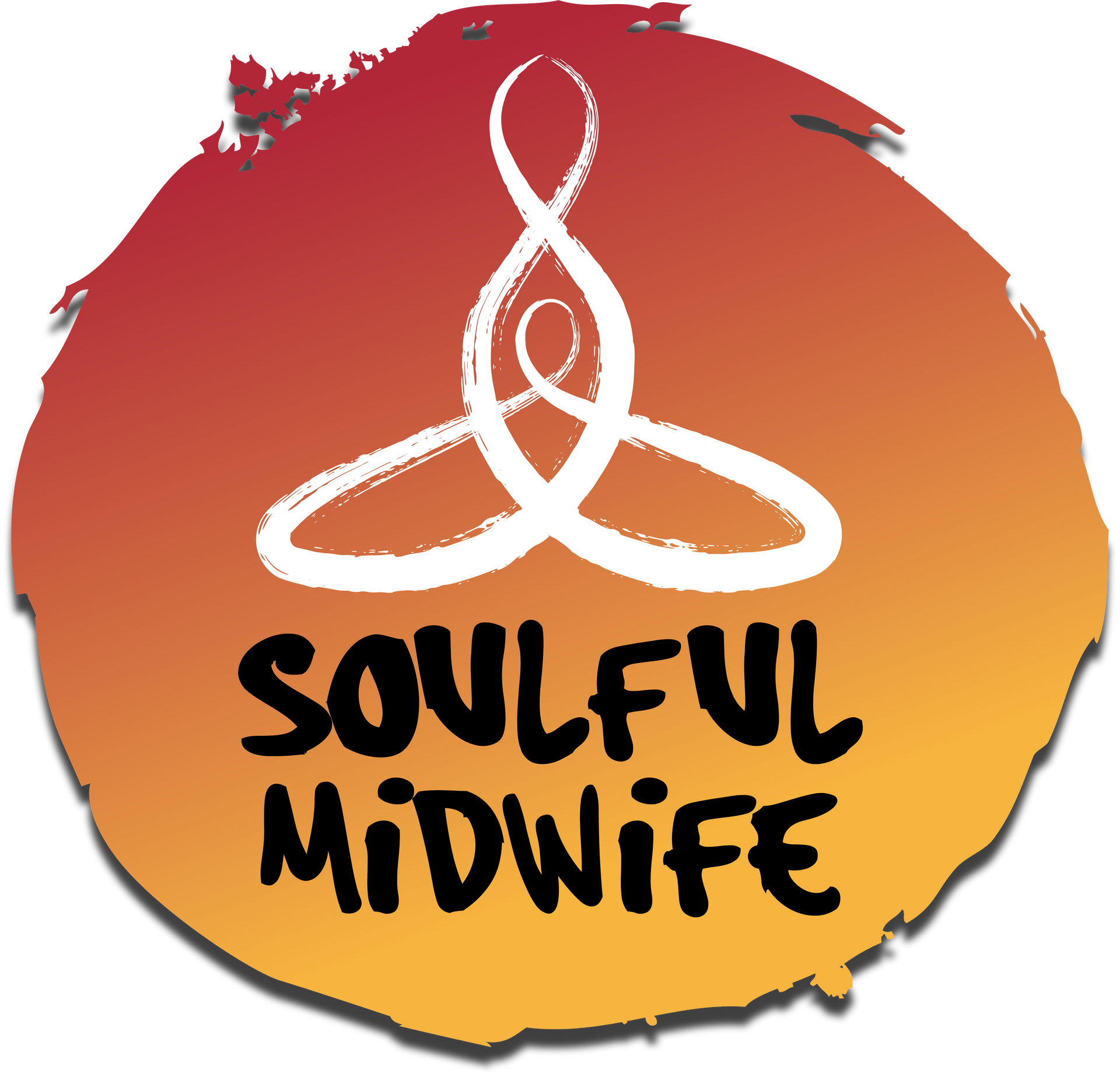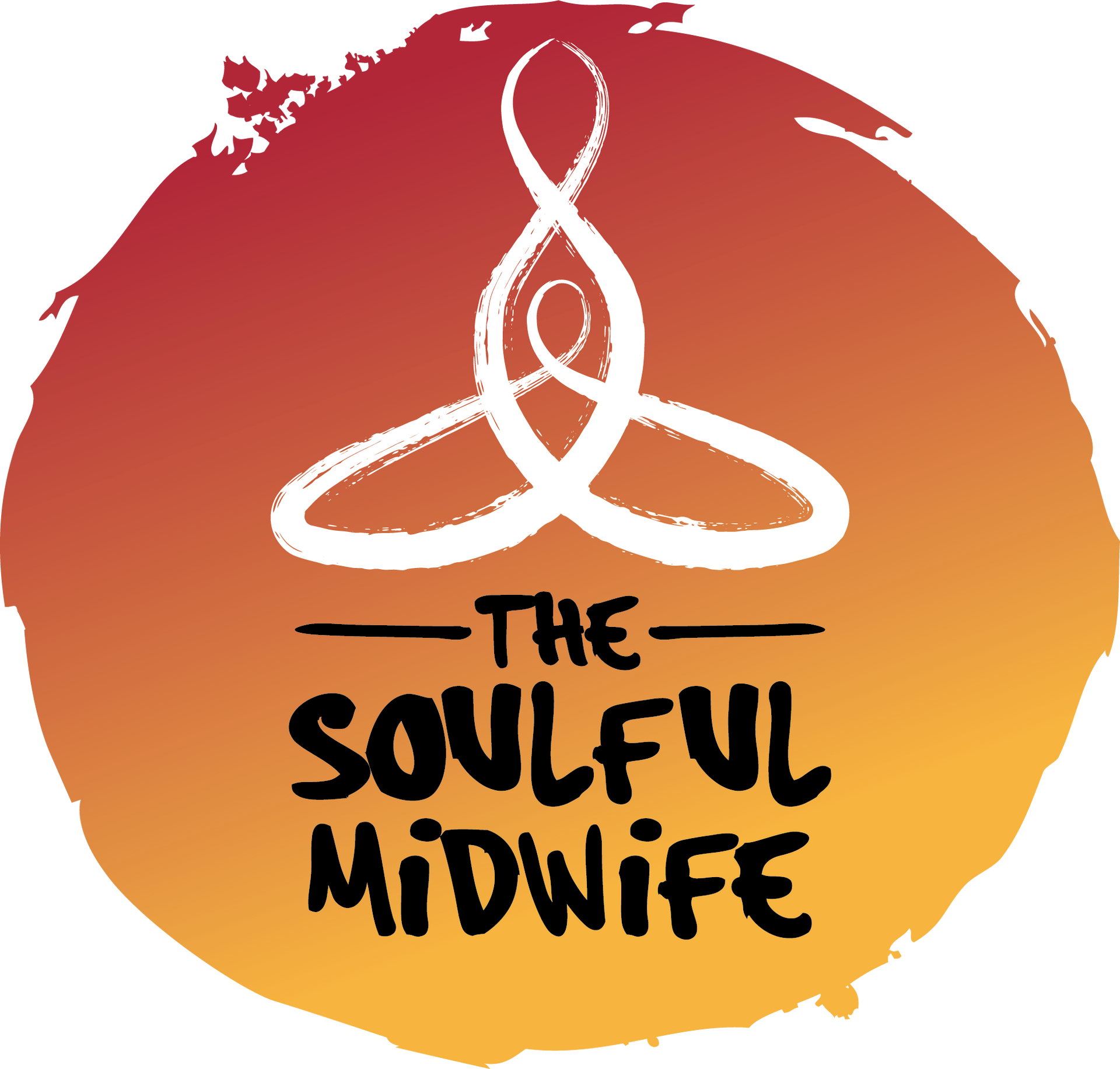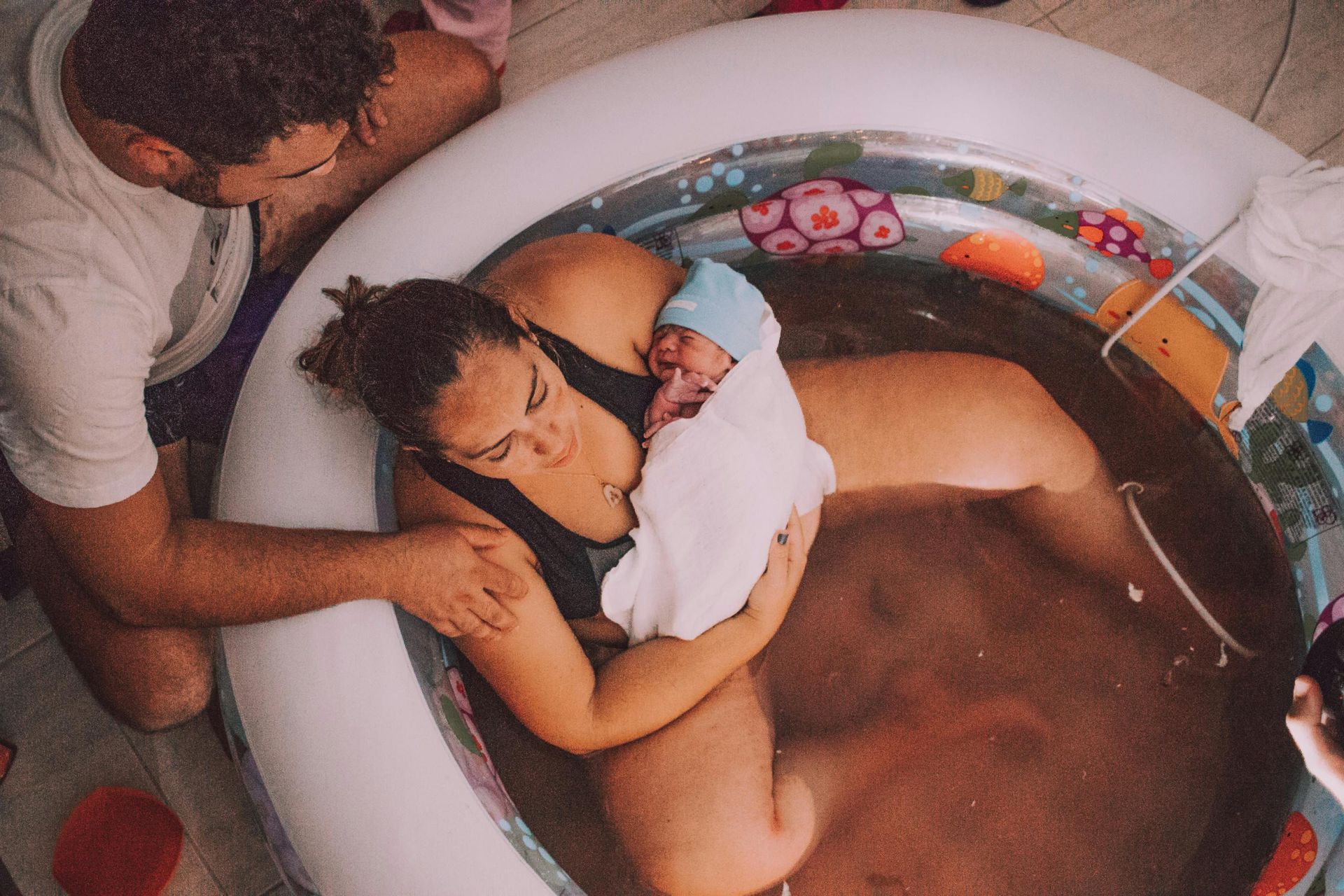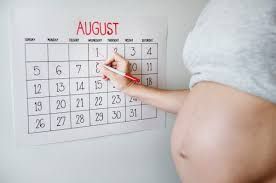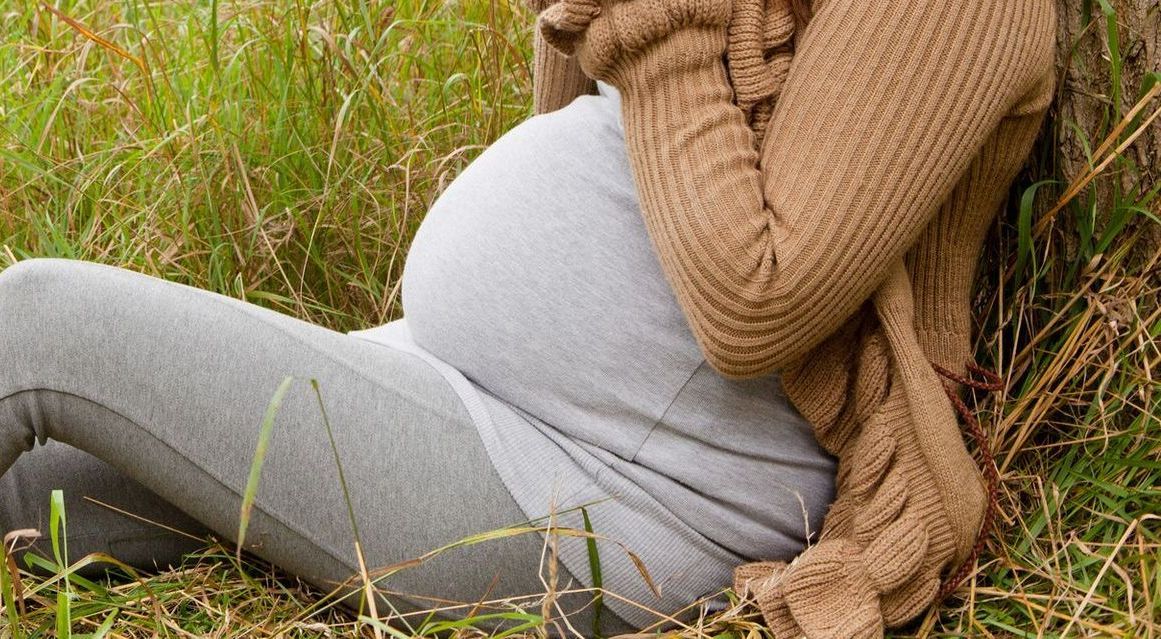How Important is Nutrition in Pregnancy?
Jasmin Lodge • October 2, 2024
Have you been 'eating for two'?
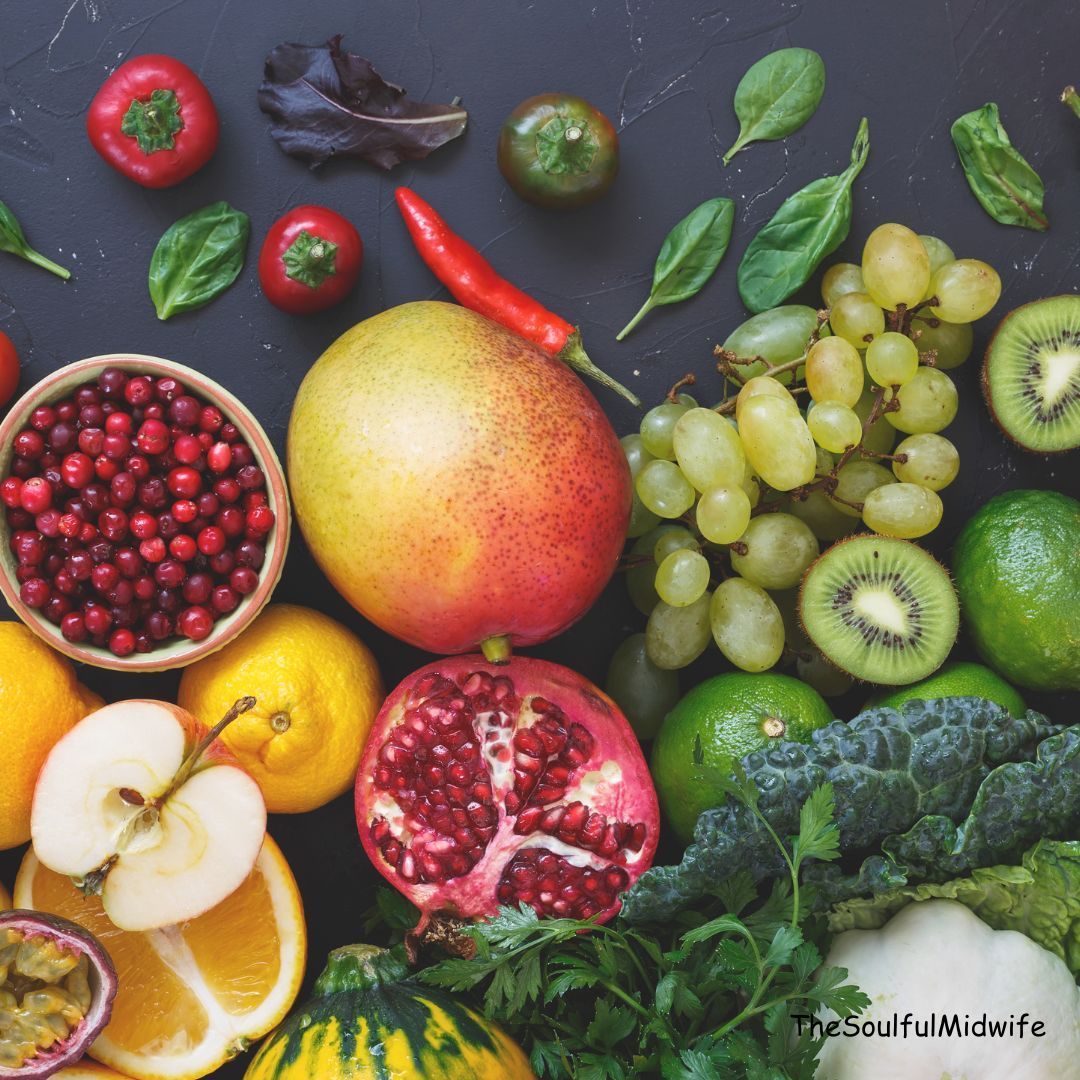
When people become pregnant, the age old saying of 'eating for two' is often adopted. But, is this really necessary? You only really need to be taking on a few hundred extra calories in the latter months to support your baby's weight gain. It's not so much about quantity, but rather Quality!
With such an array of delicious treats at our fingertips, in the corner shop, the massive supermarkets and at the tap of an app on your phone, I'm sure we could all benefit from trying just a little harder to be conscious of what's going in, as a means to fuel our bodies to grow a healthy baby.
A poor diet during your pregnancy can have significant impacts on both your health and the wellbeing of your growing baby.
Some of the biggest concerns that can arise as a result of a poor diet include:
**Fetal Development Issues**
Inadequate nutrition can lead to issues such as low birth weight, preterm birth, and developmental delays. Nutrients like folic acid are crucial to prevent neural tube defects. (I'll be talking more about folic acid in a separate post!)
**Maternal Health Risks**
Poor diet can increase your risk of gestational diabetes, hypertension, and preeclampsia, all of which can complicate your pregnancy and birth.
**Impaired Immune Function**
A lack of essential vitamins and minerals can weaken your immune system, making you more susceptible to infections.
**Mental Health**
Nutritional deficiencies have been linked to increased risk of postpartum depression and anxiety, which can impacting both your well-being and your ability to care for your new baby.
**Long-term Health Effects**
A poor diet during pregnancy may influence your child's future health, potentially increasing their risk of obesity, diabetes, and cardiovascular issues later in life!
Overall, maintaining a balanced diet rich in essential nutrients is crucial for your health the health of your developing baby. The best way you can help combat all the above is to focus on a nutritious diet.
Our bodies are so well designed to extract the essential nutrients we need from food sources, and while we do have a range of vitamins on the shelves that we can take as supplements...our bodies are far more efficient at using the nutrients supplied by food sources than synthetic vitamins in tablet form.
So what constitutes a 'good' diet in pregnancy???
- Fruits and Vegetables - Aim for a variety of colours to ensure a wide range of vitamins, minerals, and antioxidants. Think 'Leafy greens, berries, citrus fruits, and root vegetables'
- Whole Grains - Choose whole grains like brown rice, quinoa, whole wheat fresh baked bread, and oats for fibre and vital nutrients
- Lean Proteins - Include sources like poultry, fish (low in mercury), eggs, beans, tofu, and nuts which help support your baby's growth and tissue development
- Dairy - Aim for calcium-rich foods like full fat live culture yogurt, cheese, and whole milk, to support bone health
- Healthy Fats - Incorporate sources of omega-3 fatty acids, such as fatty fish (like salmon), walnuts, and flaxseeds, as well as avocados, olive oil and REAL butter (none of this low fat 'marge' stuff masquerading as butter)!
- Hydration - Drink plenty of water to stay hydrated, which is important for overall health and can help reduce swelling (one of those delightful side effects of pregnancy!)
- Limit Processed Foods - Reduce intake of added sugars, high-sodium foods, and processed snacks, which can lead to excess weight gain and other complications (my rule of thumb here is: If there's more than ingredients, if you can't pronounce the words in the ingredients list, or they aren't items you'd have found in granny's pantry, chances are they aren't going to be offering you any health benefits or indeed be real 'food' at all!)
- Caffeine and Alcohol - Limit caffeine intake and avoid alcohol, as both can have negative effects on your baby's development
- Food Safety - Practice good food safety to avoid foodborne illnesses, which can be more severe during pregnancy. This includes cooking meats thoroughly and avoiding unpasteurized products
- Supplements - Prenatal vitamins, particularly folic acid, iron, and DHA, may be recommended to fill any nutritional gaps -
*Note I would strongly recommend trying to get these elements through natural sources rather than relying on vitamins, which your body doesn't process as well
I'm all about prevention over cure, if you can move your body, get the right nutrition in and get outside to soak up some vitamin D, you're far more likely to have a healthy pregnancy with fewer complications* and less likely to be offered pharmaceutical drugs or medical interventions to help keep you 'well'.
Surely that's something worth lingering in the vegetable aisle a little longer for hey?
(*note - some complications arise no matter what we do!)
